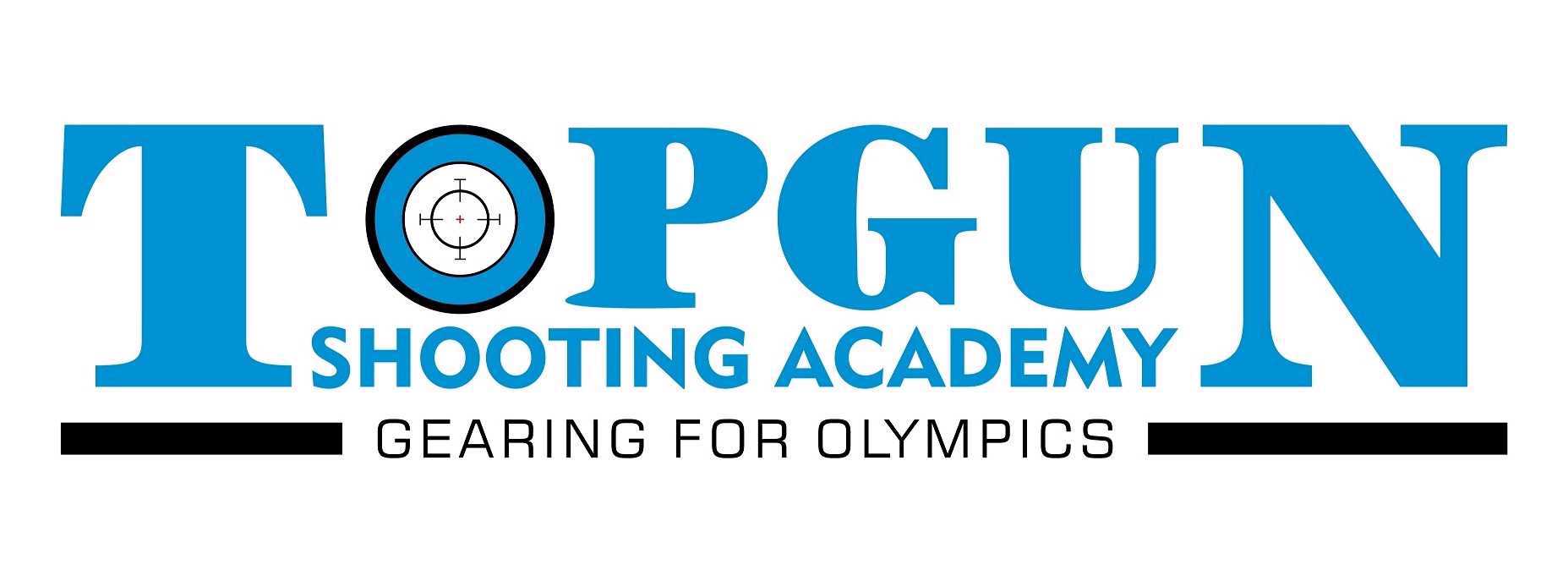Equipment check is a mandatory component of any important match that is enforced carefully by the officials. An official’s job is to ensure that everyone is competing on an equal basis, not to refuse your participation. As such, he or she will check your equipment to make sure that it meets the current technical specifications as published in the ISSF rule book. (Remember: as a coach or athlete, it is your responsibility to keep up to date on the rules and ensure that your equipment is compliant.)
If you are prepared and your equipment fails, don’t panic. The official will tell you why the article did not pass. In many instances, you can fix this and have the item re-inspected. Common failures are usually simple, like trigger weight (where applicable.)
Tips for getting through equipment check:
1. Test your equipment beforehand. Don’t assume that your equipment meets current specifications. Weigh the trigger. Measure the barrel length. Test the thickness of your kits. Put it through a mock equipment check. Have the rules available and make sure that your equipment is legitimate.
2. Err on the side of caution and don’t set your equipment to the minimum specifications. If a light trigger is your preference and the rules specify 500 grams, don’t set your trigger to 500 grams. Your weights may be slightly off and, more importantly, they aren’t the official weights. Set it above the minimum, perhaps to 550 grams. This gives you some play that you can get used to in training, as opposed to making a last minute adjustment before a big match.
3. Show up to equipment check early. If anything goes wrong, you will have more time to come up with a resolution. It takes time to adjust a trigger or find a replacement jacket. By waiting until the last minute, you may jeopardize your match entirely.
4. Be polite to the officials. Odds are that they are volunteers and that without them, you could not participate in the match. Treat them with respect and friendship.
5. Mistakes can be made, especially after inspecting equipment after many hours. Politely double-check the values if your equipment fails. Correct the official if a mistake has been made and back it up with the rulebook. If the official is unmovable and you are positive that you are correct, you have the right to lodge a protest. Be firm and respectful.
6. If your equipment has legitimately failed, don’t get upset with the official. It is not their fault that your equipment has not passed. That responsibility lies with you. Speak with them and ask them what you can do to fix the problem. Make them your partner and ask them for help or advice. They want to see you compete; otherwise, they wouldn’t be volunteering. Chances are that if you are courteous and fair with them, they will go out of their way to help you make the equipment pass. Smile and appreciate what they are doing.
7. Have a back up plan. Things go wrong and you can be caught off-guard. You must anticipate such occurrences and prepare. For instance, if your gun fails, who do you know at the match that may have a backup gun? Who has a similar gun and carries spare parts? Plan ahead and save yourself some frustration.
Equipment check can be a bit confusing and nerve wracking for the first few times you go through. With experience and preparation, you’ll get the hang of it.


